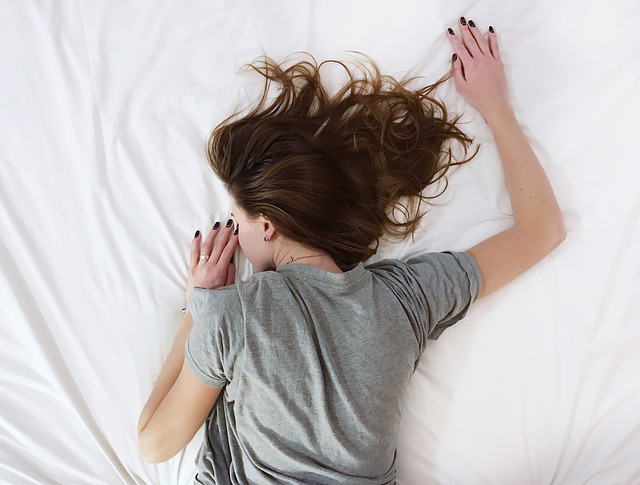
Sleep is tricky enough when you’re at home in the comfort of your own bed. When you’re out on the road, it’s even more challenging, whether you’re on a business trip, a family vacation, or you’re treating yourself to some “me” time.
Jet lag if you’re flying, or stuffy motel rooms or bare-bones campgrounds if you’re driving, mean you’re continually adjusting to new surroundings even as you try to find your happy place and get some Z’s.
Here are some strategies that can help you in the quest for a good night’s rest on the road.
Set the tone for sleep with diet, exercise.
Eating or drinking too close to bedtime can trigger heartburn, indigestion, and trips to the restroom that interrupt sleep. You don’t want to go to sleep on an empty stomach, but you don’t want to eat too close to bedtime, either.
Contrary to popular opinion, that glass of wine before bedtime can actually impede your sleep by keeping you in a state that’s closer to deep relaxation than actual slumber. It can help you nod off, but after that, wine often throws a monkey wrench into your sleep cycle.
Stay away from caffeine too close to bedtime, too, and moderate your intake throughout the day. Exercise consistently during the day (20 to 30 minutes daily is a good goal), but don’t do that too close to bedtime, either. Consider combining the two: Caffeine before exercise at the right time of day can help you focus and stay motivated.
Take what you need with you.
Motels are notorious for rock-hard mattresses, neckache-inducing pillows, and a lack of extra blankets when you need them. Some do offer comfy beds, but even the comfiest ones aren’t your bed, which can make it hard to adjust and get a good night’s sleep.
You can mitigate some discomfort by taking along your favorite blanket (or comforter), so you don’t have to sleep under “Ol’ Scratchy” from the motel storeroom. And bring your own pillow to keep your head and neck in the position to which you’ve become accustomed to sleeping.
If you have a hard time falling asleep, talk to your doctor about a melatonin supplement. They’re natural, not habit-forming, and generally safe for short-term use. You shouldn’t feel a hangover effect from them, either, since melatonin is a hormone your body already produces naturally to help you sleep.
Minimize your stress levels.
Stress can ruin a good night’s sleep and a vacation all in one. It especially can make everything seem worse at night, as you toss and turn, worrying about things you can’t control — or at least won’t be able to until morning. Three of the biggest stress-inducers when you’re traveling are health issues, car problems, and financial snags. Here are tips to reduce stress in each area.
- Health — Why not get a checkup before you leave? Make sure you have enough of any prescription medications to last for the duration, and take along things like hand sanitizers and disinfectant wipes to ward off germs. A first-aid kit is another necessity. And have copies of your insurance card and personal physician’s contact info just in case.
- Finances — Budget enough for your trip and give yourself a safety net with some savings and/or a credit card so you can sleep soundly. Check your credit report annually with a free copy to ensure that you’re in good shape. And work to improve your credit by resolving any past-due bills and being prudent about how/when you apply for any new lines of credit.
- Vehicle — If you’re driving, have your vehicle’s brakes, tires, filters, and fluids checked before you leave. Take along a car emergency kit in case you break down with essentials like jumper cables, a jack, a flashlight, flares, and if needed, winter necessities like an ice scraper and tire chains.
Control light levels.
Too much light can wreak havoc on sleep patterns, whether it’s daylight coming in through the window before you’re ready to wake up, staying up with your phone or tablet late into the evening, or sleeping at one of those motels with a neon sign right outside your window.
Blue light (the kind produced by electronic devices and fluorescent lights) can disrupt sleep patterns by inhibiting your natural production of melatonin. Turn off your TV and put away your smartphone a couple of hours before bedtime.
If you’re staying at a motel, ask for a room with a window that faces away from the rising sun. If you’re camping out, consider buying a blackout tent. And pack a comfortable sleep mask.
It’s hard enough adjusting to different time zones and daylight hours. These steps can help you keep your circadian rhythm (body clock) in tune.
Traveling doesn’t have to go hand-in-hand with fitful sleep. In fact, what fun is a vacation if you wear yourself out just trying to get to sleep and stay asleep? These few ideas can put you in a position to have more energy and more fun on your travel adventure.




